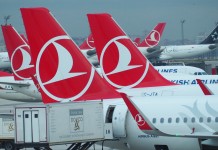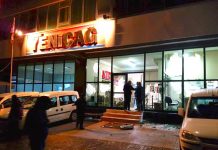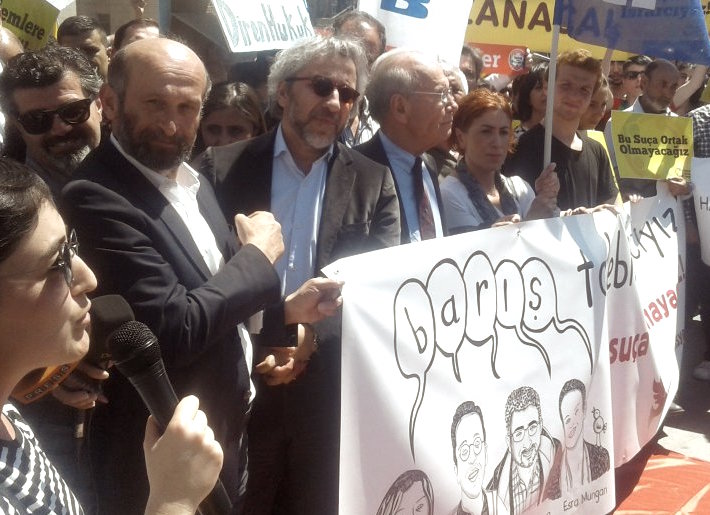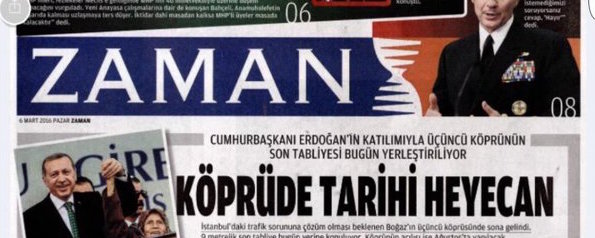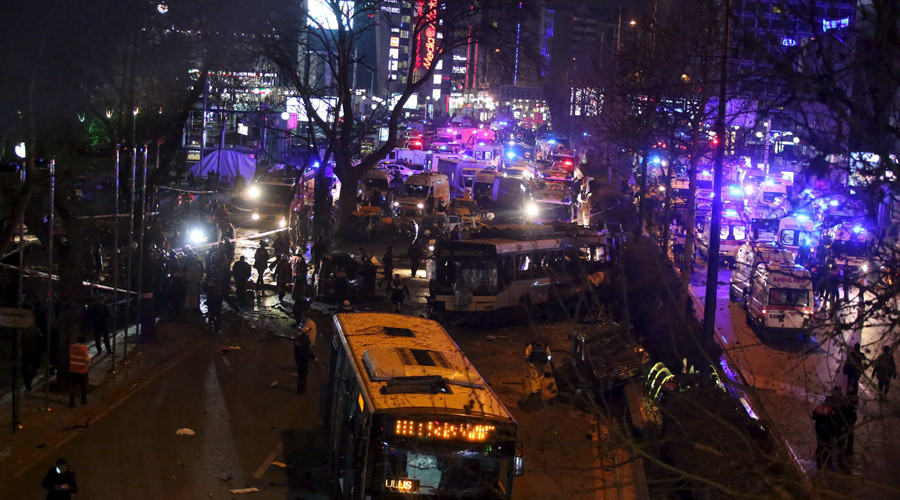Internet censorship monitoring service TurkeyBlocks has confirmed that Turkish ISPs including TTNet have censored Twitter and Facebook by means of bandwidth throttling.
The new blocks came around an hour after a major explosion in Turkey capital Ankara. Data indicates that the social media sites may still be accessible from smaller Internet Service Providers in the country – blocking orders are known to take some time to become fully active.
Confirmed: Access to Twitter and Facebook restricted by Turkish ISPs after #Ankara bombinghttps://t.co/kZxioDQnJu pic.twitter.com/tumxx7mRUj
— Turkey Blocks (@TurkeyBlocks) February 17, 2016
Media and broadcast restrictions ordered
The blocks took effect only minutes after the Radio and Television Supreme Council (RTUK) announced an immediate blanket media ban on reporting relating to the Ankara bombing incident, suggesting that a rapid response system may now be in place to automatically block social media services upon request.
Despite the internet blocks, Facebook went ahead and debuted its “safety check” feature in the hours following the attack, allowing those in Ankara to let friends and family know if they are safe or have been hospitalised.
Facebook launches safety checks in #Ankara so users can let friends & family know they're OKhttps://t.co/olrvgP2VUT pic.twitter.com/noquBZdBHH
— D8 News (@D8News) February 17, 2016
New throttling technique in effect
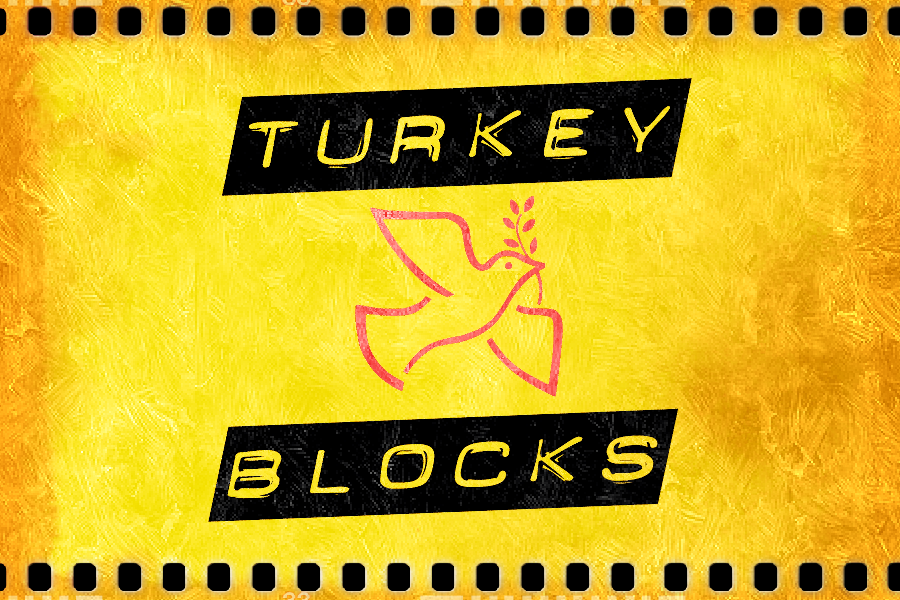
The Turkish government has started using severe bandwidth throttling to effectively block access to websites in the last year. The new technique is intended to avoid detection by most mainstream anti-censorship systems, but TurkeyBlocks has deployed a new monitoring network in 2014 that is capable of detecting such restrictions using multiple network analyses and statistical modelling.
The provided data clearly shows that the sites are accessible outside of Turkey, and furthermore pinpoints the point at which the censorship is implemented.






